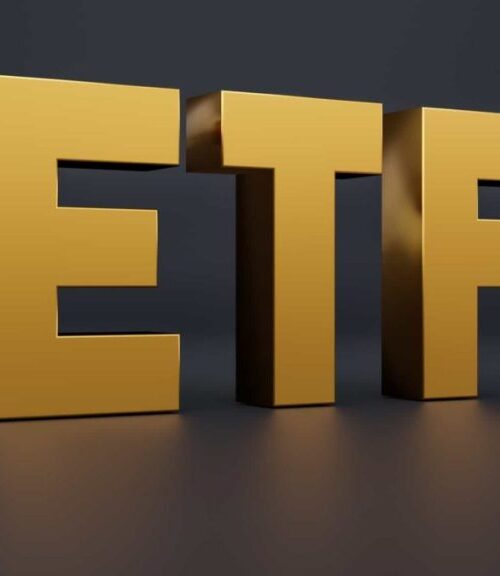صناديق المؤشرات المتداولة
ما نقدمه
صناديق المؤشرات المتداولة
خدمة من أجل النمو
صناديق المؤشرات المتداولة هي صناديق استثمارية يتم تداولها في البورصات، مثلها مثل الأسهم الفردية. وهي عادةً ما تتبع مؤشرًا أو سلعة أو سندات أو سلة من الأصول

التنويع
تتيح صناديق الاستثمار المتداولة إمكانية تنويع المحافظ الاستثمارية من خلال الاحتفاظ بالعديد من الأسهم أو السندات، مما يقلل من المخاطر من خلال الملكية الجماعية لأصول متعددة

الشفافية
من خلال الكشف عن الحيازات اليومية، توفر صناديق المؤشرات المتداولة الشفافية التي تمكن المستثمرين من اتخاذ خيارات مستنيرة تتماشى مع أهدافهم الاستثمارية


الفعالية من حيث التكلفة
انخفاض نسب المصروفات في صناديق المؤشرات المتداولة مقارنة بصناديق الاستثمار المتداولة يجعلها وسيلة فعالة من حيث التكلفة للاستثمار المتنوع، مما قد يعزز العوائد على المدى الطويل

إمكانية الوصول
توفر صناديق المؤشرات المتداولة إمكانية الوصول إلى المستثمرين الأفراد والمؤسسات من خلال تسهيل عمليات البيع والشراء دون حد أدنى من متطلبات الاستثمار

مدفوعات توزيعات الأرباح
توزع بعض صناديق المؤشرات المتداولة أرباحًا على المساهمين من دخل الأصول الأساسية، مما يتيح خيار إعادة الاستثمار أو السحب النقدي

الكفاءة الضريبية
تتمتع صناديق المؤشرات المتداولة بهيكل فريد يسمح للمستثمرين في كثير من الأحيان بتقليل ضرائب الأرباح الرأسمالية مقارنة بالمنتجات الاستثمارية الأخرى
مشهور عالمياً وموثوق به
ب مستثمر في كل مكان
